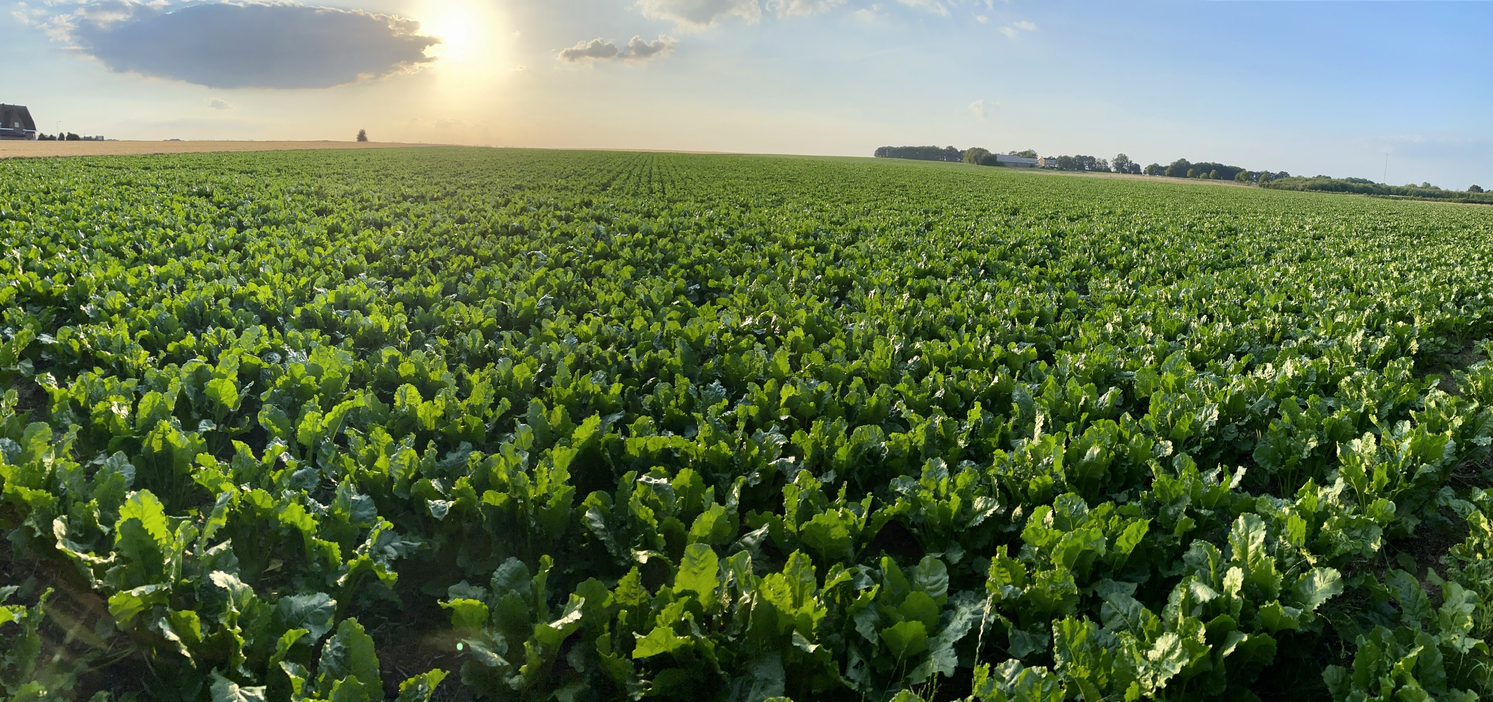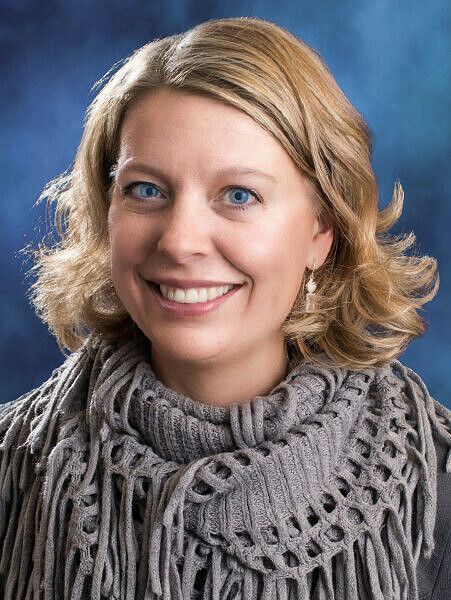Interview with Rebecca Larson of Western Sugar Cooperative
14th September 2022
This year SAI Platform turns 20! And to help us celebrate this incredible milestone we’re talking to some of the members and partners who have helped us develop and champion sustainable agriculture over these last twenty years.

Overview
“Regenerative agriculture acknowledges that farmers know their land better than anybody. It puts them back in the driver’s seat to implement practices suitable to their land that will drive positive outcomes”

Western Sugar Cooperative’s Rebecca Larson is Chief Scientist and Vice President of Governmental Affairs. Rebecca has a Ph.D. in Plant Science and has spent over 22 years in the sugar beet industry advancing plant production with a focus on sustainable intensification. She is an active member of the Crops and Americas Working Groups.
What do you feel SAI Platform has achieved for your organisation?
We joined roughly five years ago and since then we’ve been very active in the FSA portion of SAI Platform.
Our customers who are members of the Sweetener Users Association request verification that the sugar they’re buying is produced sustainably. We gained a certain level of credibility when we completed the FSA as a farm management group and achieved the gold standard.
What part would you say SAI Platform has played in transforming the food and drink industry, sweeteners in particular?
It’s brought us all together to speak a common language rather than everyone having their own little programmes. Our customers can now say, they require at least FSA silver equivalency from domestic suppliers as what defines sustainable sourcing for sugar.
Our customers making this request has not changed the market dynamics, since there is no “value add” for sustainable sugar, but at least we know what type of goal we’re working towards together.
Has SAI Platform generally raised the platform of sustainability?
I think so. It has been specifically recognised by a large percentage of our customer base as a preferred platform. So, there’s a global recognition that it’s a platform of choice. Further evidence of this is new platforms that are proprietary to some major consumer packaged goods manufacturers that have or are working towards obtaining FSA equivalency.
What are the challenges that the sweetener industry faced in 2021?
Extreme weather and inflation are two things that are real and impacting us and will continue to do so. The last five years have been very disruptive in terms of extreme weather and inflation is outrageous in the US going into 2022. Unfortunately, even though fertiliser prices have increased over 500%, we are unable to raise the price of sugar.
Also, we’re 100% irrigated so we’re critically aware of the need to protect the water supply. We periodically face drought conditions in the Rocky Mountain West and if they were to be more prolonged, we are aware this could create serious issues for all of agriculture. That is why we’re focusing on funding research to improve water use efficiency to protect farmer resiliency.
You’re involved with regenerative agriculture. This was originally driven by the Americas Working Group. Why is that do you think?
I think it’s an easier lift for us based on the technology we have available. The regenerative agriculture initiative was driven by the Consumer Packaged Goods (CPG) manufacturers through SAI Platform since recent increased interested in the practice. Having a unified platform with agreed upon standards for principles, indicators and outcomes streamlines implementation throughout the value chain.
When we got involved, farmer participation was limited. Having a producer voice in the discussion helps gauge what is feasible at farm level. For our farmers, regenerative agriculture is part and parcel of what they’re already doing. Using the framework, we can highlight achievements in the space as well as identify areas for continuous improvement.
With this platform, we can dive deeper into the nuances of agriculture. It’s a positive thing that our customers and consumers alike are willing to look beyond labels (conventional/organic/genetically engineered) to discuss outcomes. Moving into that space, every type of farmer can participate. Looking at the big picture, the major shift with regenerative agriculture is going from doing no harm to let’s leave things better than they were before. This aligns with the hearts of farmers. Most have inherited their operation from generations that farmed before them, and they want to leave the ground to future generations in better shape than when they found it, protecting both their legacy and their livelihoods.
What do you think the mood is within the Americas Working Group in relation to regenerative agriculture specifically?
I feel a sense of urgency because we’ve done a lot of work developing the indicators and outcomes and there have been a lot of requests to implement the framework.
The fact that the focus with regenerative agriculture is on farmers and outcomes is fantastic. Social media has really changed farming in that it’s put so much focus on practices: Is food and drink conventionally farmed or organic? Are you using genetically modified crops or not? And so on. This easily leads to labelling practices as bad or good, in an unscientific way.
Regenerative agriculture acknowledges that farmers know their land better than anybody. It puts them back in the driver’s seat to implement practices suitable to their land that will drive positive outcomes, it is not prescriptive, one size fits all thinking. I think it’s going to help consumers see that farmers are scientists in their own right when it comes to being stewards of the land.
For more information on SAI Platform’s regenerative agriculture programme, visit our webpage.